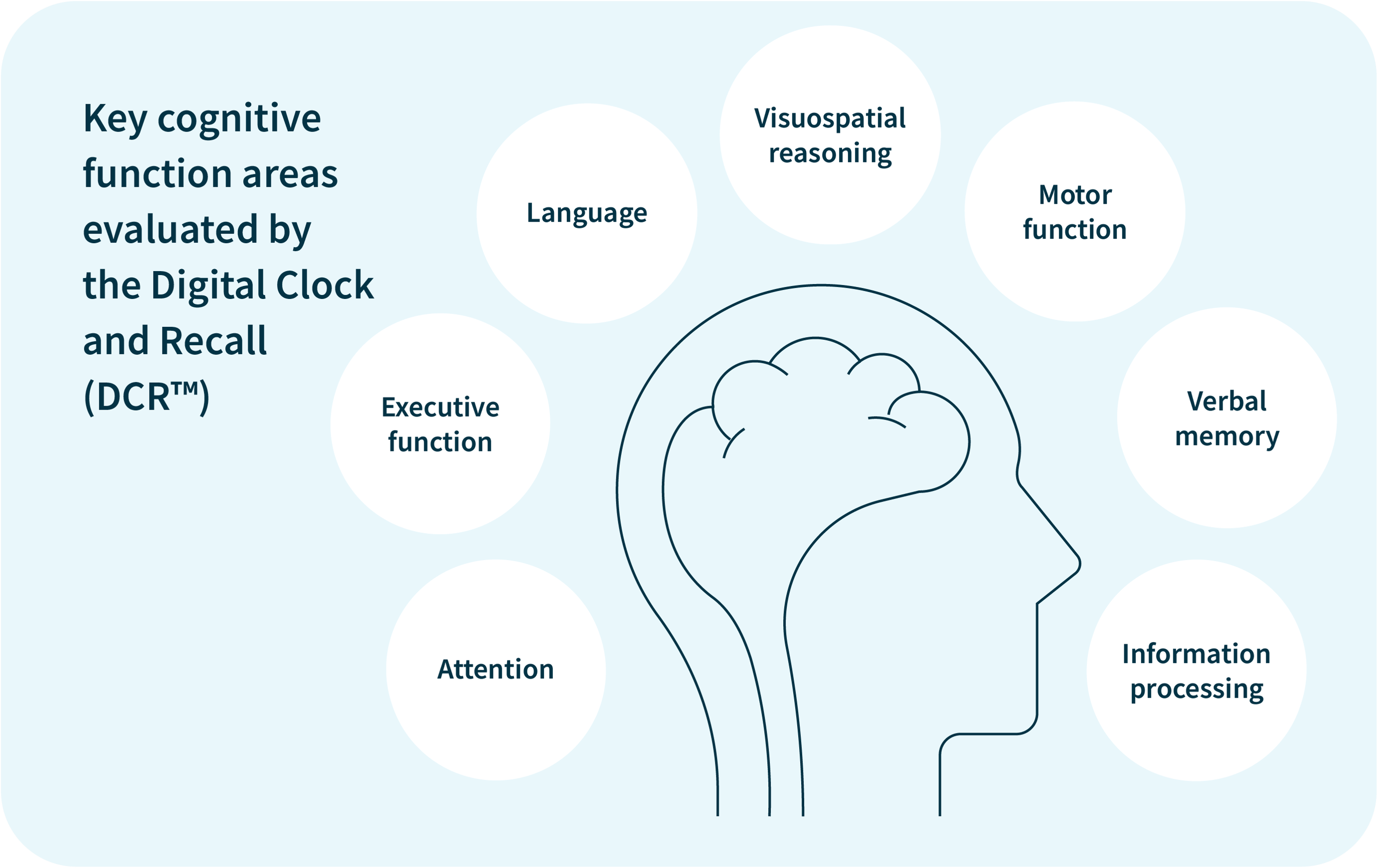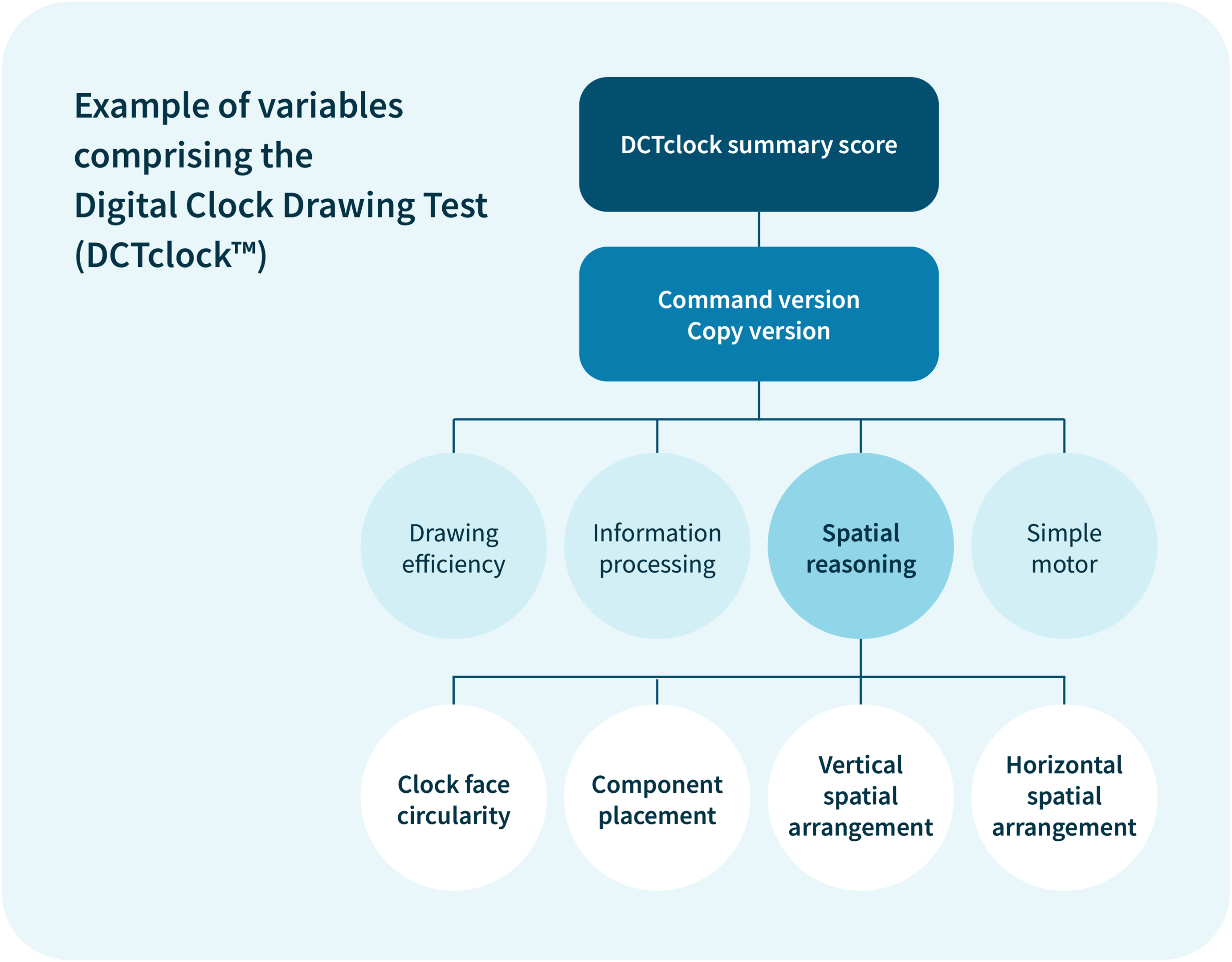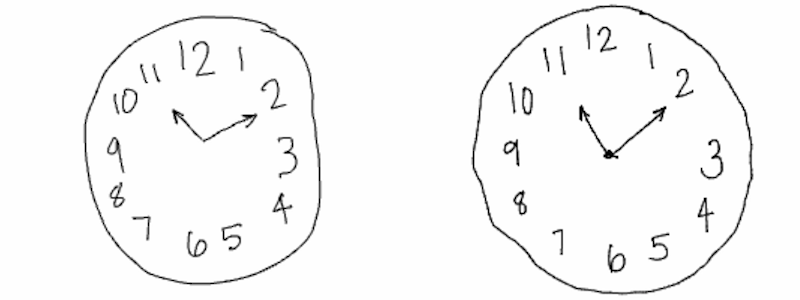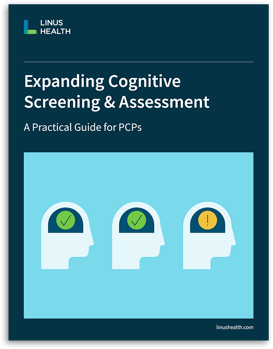The Boston Cognitive Process Approach
A more advanced approach to neuropsychological testing to enable richer insights from cognitive assessments in less time.

The Boston Process Approach (BPA) is a framework for neuropsychological assessment that derives insights about cognitive function not only from an individual's final test output, but also from their process of completing cognitive tasks. The progenitor of the BPA is Dr. Edith Kaplan, PhD, one of the modern founders of neuropsychology. Along with Edith Kaplan, numerous researchers and neuropsychologists have since further refined this framework to increase the sensitivity and accuracy of neuropsychological testing and better understand brain-behavior relationships.
What is the Boston Process Approach?
The BPA evaluates cognitive functioning as a complex system of interrelated processes and centers on the principle that analyzing a person's process or strategy for completing neuropsychological tests, including errors they make along the way, provides much more information about cognition than looking at a final test score alone. Key neurocognitive functions it can evaluate include attention, perception, memory, language, executive function, spatial processing, and more.
How does the BPA apply to cognitive testing?
In recent years, commonly administered neuropsychological tests, such as the Clock Drawing Test (CDT), the Backward Digit Span Test (BDST), and a digital pointing span test have benefited from the addition of process-based metrics. For example, the incorporation of the BPA into a modern version of the CDT means that providers can now understand more about cognitive function not just based on final clock drawings, but also on how a patient approaches drawing the clock. Similarly, the BDST measures several cognitive functions, including attention, auditory span, and working memory thanks to the incorporation of the BPA. For this test, the person undergoing testing listens to a series of numbers and is asked to repeat those numbers in reverse order (e.g., “2, 7, 4,” the correct response would be “4, 7, 2”). While the ability to ultimately correctly remember an expanding sequence of numbers is important, additional insight into a patient’s cognitive abilities can be obtained by observing the time it takes to repeat all of the numbers backward.
How do digital cognitive assessments incorporate the BPA?
While use of the BPA has historically relied on highly trained neuropsychologists, the advent of digital assessment technology has made neuropsychological assessment more accessible and scalable. Additionally, digital technologies are able to capture details with much higher resolution than a human observer. The first test to employ this approach was the DCTclock™, an AI-enhanced assessment built on the long-established Clock Drawing Test. In fact, use of the BPA in digital cognitive assessments is a patent-protected innovation found only in DCTclock and its successor, the Digital Clock and Recall test (DCR™). This technology has been proven to detect subtle, even imperceptible signs, of cognitive impairment and closely correlates with biomarker test results related to possible dementia from imaging procedures.
Using accessible technology — an iPad with an Apple Pencil — the DCR evaluates multiple cognitive function areas:

For example, in the DCTclock – leveraging the BPA – the iPad is able to record in real time a vast array of information, such as the placement of numbers within the clock face, symmetry of the overall drawing, accuracy of the time-setting, information processing speed, error patterns, and overall problem-solving strategy. These metrics inform composite scores for key areas of cognitive function (e.g., information processing), allowing providers to drill down further into individual subscores for more insight into the specific drivers of an individual's score in each area (e.g., spatial reasoning → clock face circularity).

The BPA in action
To better understand, let's compare two sample clocks that may look similar in their end results, but have notable differences in the process used to create them. When evaluating the final drawing of the two clocks below, one could conclude that both patients have relatively normal cognitive function.

However, when the iPad records the process used to draw the clocks, we can see that the person on the right takes significantly longer to draw the numbers and place the hands within the clock face, indicating possible cognitive impairment.
Looking just at the final clocks might have revealed some possible executive function issues, but examining the drawing process yields greater insights into a patient’s spatial reasoning, and other key neurocognitive abilities.
A closer look at brain health
The BPA represents an important advancement in the field of neuropsychological assessments. By focusing on interrelated neurocognitive processes, the BPA provides a more comprehensive and nuanced understanding of an individual's cognitive function. This richer level of insight can help providers detect cognitive issues earlier, understand them in more detail, and develop more informed strategies to address their patients’ unique cognitive challenges. To learn more about Linus Health’s exclusive use of the BPA in digital cognitive assessments, visit Our Approach.
Frequently asked questions about the cognitive process approach
Below you'll find answers to the most common questions about cognitive assessments.
What is cognitive testing?
Cognitive testing focuses on assessing an individual’s cognition to determine if their cognitive performance is normal or if they may have signs of cognitive impairment. Signs of cognitive impairment can be present even if an individual is not exhibiting clinical symptoms. Some cognitive impairment cases stem from reversible causes, but others may occur due to underlying causes like Alzheimer’s disease or other dementia. Cognitive testing is particularly important for older adults and assessing patients for cognitive impairment is now a required part of Medicare’s Annual Wellness Visit. For more on expanding and enhancing cognitive assessments as a provider, access our guide.
What are the most common cognitive function tests?
The most commonly used cognitive assessments historically have been paper-based cognitive tests, such as the Mini-Mental State Exam (MMSE) and Montreal Cognitive Assessment for Dementia (MoCA), described above, though a variety of other tests exist. Digital cognitive assessments have also arisen in recent years and are rising in usage. Patients experiencing clinical symptoms of cognitive impairment may also undergo more elaborate neurocognitive testing with a combination of tests to further a diagnosis and care plan.
How long does a cognitive screening test take?
Cognitive assessments vary in duration based on several factors, including the test(s) used and whether the purpose is for an initial cognitive screening / assessment or a more in-depth analysis of cognitive function in response to other tests or the presence of clinical symptoms. When it comes to tests focused on early cognitive impairment, a variety of tests exist, including paper-based tests like the MMSE and MoCA, as well as digital solutions. Test duration typically ranges from just a few minutes to 30+ minutes depending on the test(s) used and number of tests performed. Digital options offer a number of efficiency benefits for providers.
What are the cognitive tests for dementia?
A wide range of cognitive assessments exist for detecting whether someone may have cognitive impairment. These can be used for routine screening or in response to a person exhibiting symptoms of possible cognitive impairment, which may be occurring due to dementia. These cognitive tests include the traditional tests above, as well as digital cognitive assessments. If these cognitive tests reveal abnormalities, patients are likely to undergo additional neurocognitive testing with a neuropsychologist or neurologist to determine if their symptoms are due to dementia or another cause.
At what age should cognitive tests be performed?
Proactive cognitive care and testing can provide benefits to all people aged 55 years and older, but are especially important for individuals aged 65 and older. To that end, Medicare now includes a requirement for cognitive impairment detection within the Annual Wellness Visit (AWV). Regardless of age, cognitive tests should be performed for anyone experiencing signs of cognitive impairment. Proactive care practices can not only support early detection, but also facilitate impactful coaching on steps patients can take to protect their brain health by addressing modifiable risk factors for dementia.
Why would providers choose to use a digital cognitive test instead of paper-based tests?
Digital cognitive assessments offer a wide range of benefits over paper-based cognitive assessments. For example, digital cognitive testing solutions boost workflow efficiency with automated administration and scoring. They also enable objectivity and consistency in cognitive testing and some have shown to have higher sensitivity than traditional tests. For more on the advantages of digital cognitive assessments, view our guide.
Prepare for shifting dynamics in cognitive care
Download the guide below for insights on preparing for your older adult patients' evolving brain health needs.
